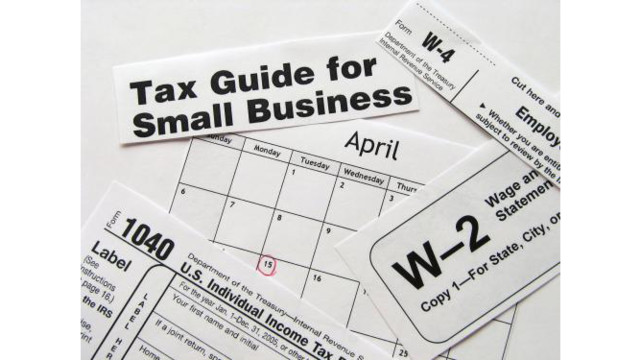Motus, the premier vehicle management and reimbursement platform, today released its Vehicle Program Tax Waste Report, which reveals how car allowance tax waste impacts U.S. companies and their mobile employees, including those who work in professional sales and management, as well as top executives. The report found that 39 percent of one year’s car allowance spend is lost to tax waste, with the total tax waste for employees and employers reaching $1.2 billion each year.
“While car allowance programs are simple to manage and offer employees the freedom to choose the vehicle they drive, they also have hidden costs that may not be obvious to employers,” said Ken Robinson, market research analyst for Motus. “The most concerning of these costs is the tax burden it places on both the companies and their employees. Our research found that an entire year’s allowance spend is lost to tax waste across both the individual and the company every two and a half years.”
To illustrate the true costs of car allowance programs, the report takes a look at how much of the average monthly allowance for mobile workers makes it into their bank account each month. According to the findings, the average monthly allowance for mobile workers is $575. Once accounting for social security and income taxes that employees must pay (about 7.65 percent and 24 percent of their earnings, respectively, which includes car allowances), only $393 of the original $575 allowance is left.
In the past, employees could claim a tax deduction for unreimbursed business mileage expenses. This helped soften the tax on their car allowance. However, tax law changes that took effect in 2018 eliminated this deduction, leaving employees who were paid the allowance to cover the business portion of their driving expenses.
“Not all vehicle programs are taxable fringe benefits like car allowances. In fact, not all car allowance programs are fair and accurate for all employees, as they make large assumptions that the cost to own and operate a vehicle is the same everywhere in the country and that every trip is the same distance,” said Craig Powell, CEO of Motus. “Fixed and Variable Rate (FAVR) programs remain the most accurate and defensible process for reimbursing employees for the business use of their personal vehicle and are the only IRS-approved mileage reimbursement method. While FAVR requires considerable data to verify the accuracy of expenses, platforms like Motus automate the process and make these programs easy to implement.”
The report also explains how car allowances are costing the companies providing these programs. When employers pay a car allowance, they are also responsible for payroll taxes to cover social security and Medicare taxes. This means a $575 allowance costs companies about $619 per mobile worker. In total, $226 is lost to taxes on a $575 car allowance every month between employers and employees.
Additional findings in the Vehicle Program Tax Waste Report include:
- Almost half of the people that receive car allowances (47 percent) are in professional sales and related professions. Executives and chief executives make up 42 percent of car allowance recipients.
- The average monthly allowance for mobile workers is $575, while the average monthly allowance for executives is $830.
- For every $100 paid in monthly car allowance, $38 is lost to taxes.
- Companies with allowance programs are estimated to pay more than $200 million each year in payroll taxes alone.
- The average annual tax burden on U.S. employees from car allowances is $1 billion.
To access the full report, please visit: https://resources.motus.com/reports/motus-tax-waste-report
Thanks for reading CPA Practice Advisor!
Subscribe Already registered? Log In
Need more information? Read the FAQs




